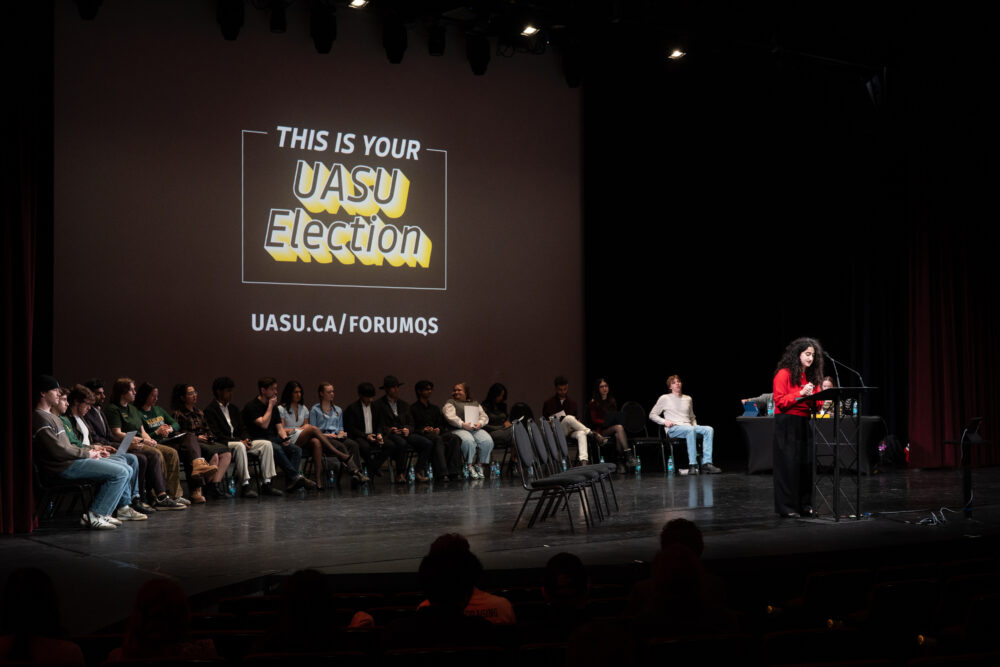Harassment reports at U of A rose after launch of online reporting tool
 Christina Varvis
Christina VarvisReports of harassment on campus have more than doubled in the last two years after an online reporting tool made it easier for individuals to report cases anonymously.
The Office of Safe Disclosure and Human Rights has been tracking anonymous reports of misconduct ranging from breaches of contract to sexual harassment since 2009. Following the implementation of the anonymous online reporting tool in late 2016, the office saw overall disclosures rise from 118 in 2015-16 to 246 in 2016-17.
Last year, over half of the reported cases were classified under harassment or discrimination. 71 cases involved bullying, 27 involved sexual harassment, 14 involved gender or racial harassment, and 37 involved discrimination.
While the online tool can be used by anyone on campus to report misconduct, Wade King, the office’s director said the tool was originally designed with students in mind.
“(The online system) was specifically designed because we knew we weren’t hearing from enough students,” Wade said. “We just didn’t think for the number of students at our institution, that it was reflected proportionally in the reports at our office.”
Following introduction of the online tool, the number of disclosures made by students more than doubled from 18 in 2015-16 to 48 in the 2017 annual report. Disclosures by both academic and non-academic staff have also risen from 92 to 118.
“I’m never happy that these things have happened, but I take it as a cautiously optimistic sign,” King said. “I doubt that number of students weren’t being impacted in the past, we just weren’t hearing from them.”
King added the office does not investigate or resolve individual complaints, but provides a “safe, neutral, and confidential” space for individuals to seek support and advice. Should individuals so choose, reports can then be referred to other departments for investigation and resolution.
“It’s not necessarily in everyone’s best interest to turn everything into a formal investigation, it’s really about what works best for (the individual),” King said. “My key line is, ‘what will help you sleep at night in six months.’”
Because all reports are confidential, the office does not currently track results of investigations. King said the office is considering expanding their self-reporting systems and collaborating with student ombuds services and other departments to better understand how cases are typically resolved.
With the rise of #metoo and other social media movements empowering victims of sexual assault and harassment to come forward, King anticipates a continued rise in harassment reports in the coming year.
Individuals looking to report misconduct on campus can do so anonymously using the online tool, visiting the office in person at 300 Campus Tower, or calling (780) 492 7325. All disclosures are confidential.
“I really hope if people are experiencing something they feel they shouldn’t be experiencing, that they feel safe and comfortable coming forward,” King said. “We really do want to hear your stories and try to help resolve them.”




